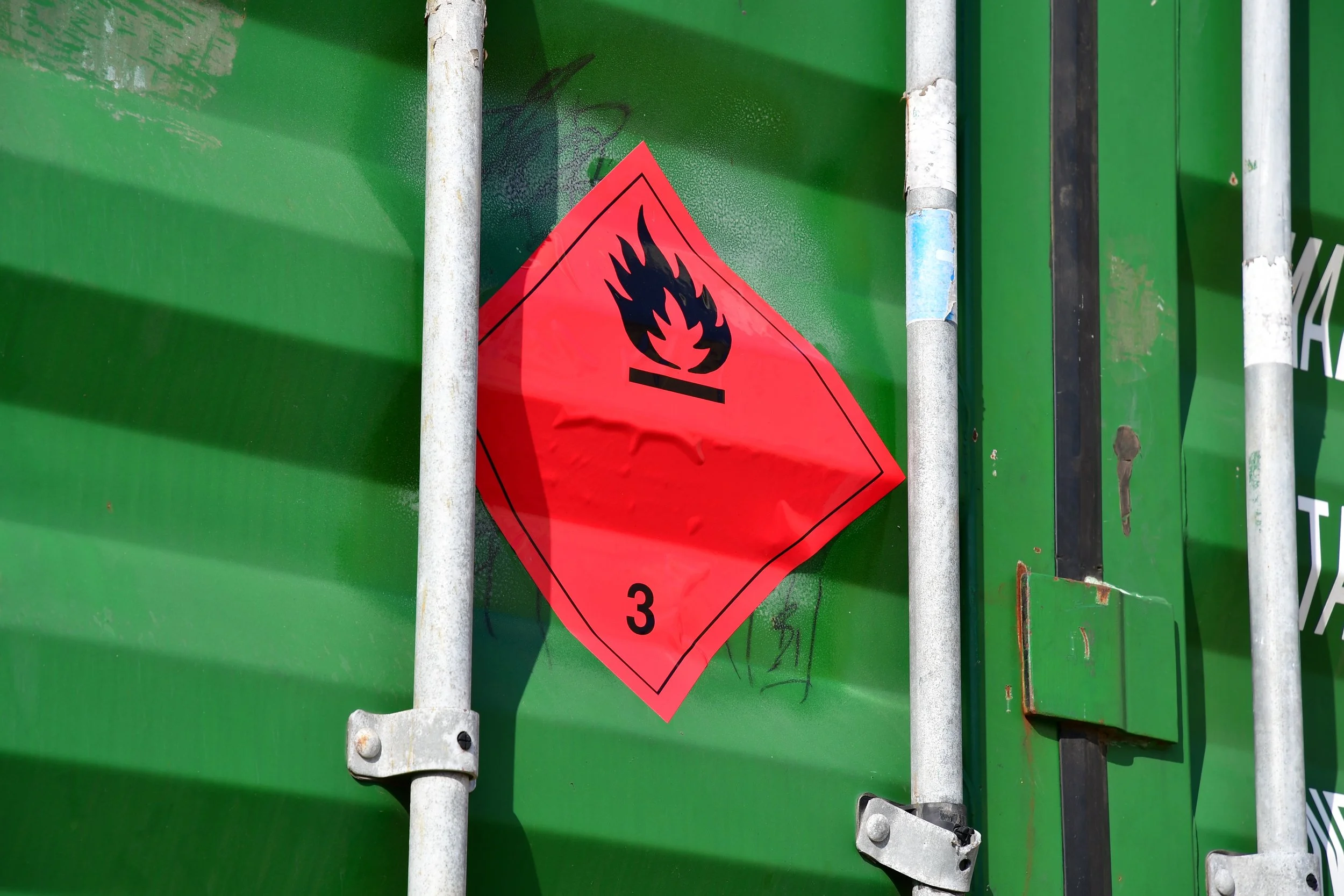
Cargo Safety Regulations & Best Practice
The World Shipping Council takes cargo safety seriously, working to protect people, ships, cargo, and the environment. Safety is a shared responsibility across the entire supply chain, from those who pack and secure cargo to the carriers that transport it.
We work with international bodies to develop effective safety regulations, and contribute to best practice guidelines such as the CTU Code Quick Guide and Checklist. By promoting consistent standards and practical guidance, we help ensure that cargo is packed, declared, and handled in ways that minimise risk and keep global trade moving safely.
Packing cargo correctly is critical
Correctly packing and securing cargo is essential to safety, preventing accidents that can harm people, ships, cargo, and the environment.
The World Shipping Council contributed to the development of the CTU Code Quick Guide and checklist, practical tools that translate international best practices into clear, step-by-step instructions for day-to-day use. A global survey has shown that applying the CTU Code improves safety, reduces cargo damage and environmental impact, and delivers significant cost savings.
By following these proven guidelines, everyone in the supply chain can play their part in keeping global trade safe.
Download the CTU Code Quick Guide and Checklist
-
-
-
Código UTC and Código UTC lista (with the support of NAPPO)
-
-
-
-
Advocating for effective regulations
The World Shipping Council works with the IMO and international partners to develop practical, enforceable regulations that improve cargo safety and protect the environment.
We have contributed to updates of the IMDG Code to strengthen the safe transport of dangerous goods and played a leading role in securing new rules for charcoal, a cargo with significant fire risk, which many carriers are already adopting ahead of their formal entry into force. We also continue to support measures to strengthen requirements for the transport of plastic pellets, building on steps such as the EU’s move to make previously voluntary IMO guidelines mandatory.
Across all cargo types, we advocate for clear global requirements, effective enforcement, and shared responsibility to ensure safety is upheld throughout the maritime supply chain.
Cargo safety is a shared responsibility
The World Shipping Council is an active member of The Cargo Integrity Group, which brings together international freight transport and cargo handling organisations. While we all have different roles in the supply chain, we have a shared dedication to improving safety, security and environmental performance throughout the logistics supply chain.
The Bureau International des Containers, the Container Owners Association, the Global Shippers Forum, the International Cargo Handling Co-ordination Association, FIATA, the TT Club and the World Shipping Council are co-operating on a range of activities to further the adoption and implementation of crucial safety practices and regulations.



